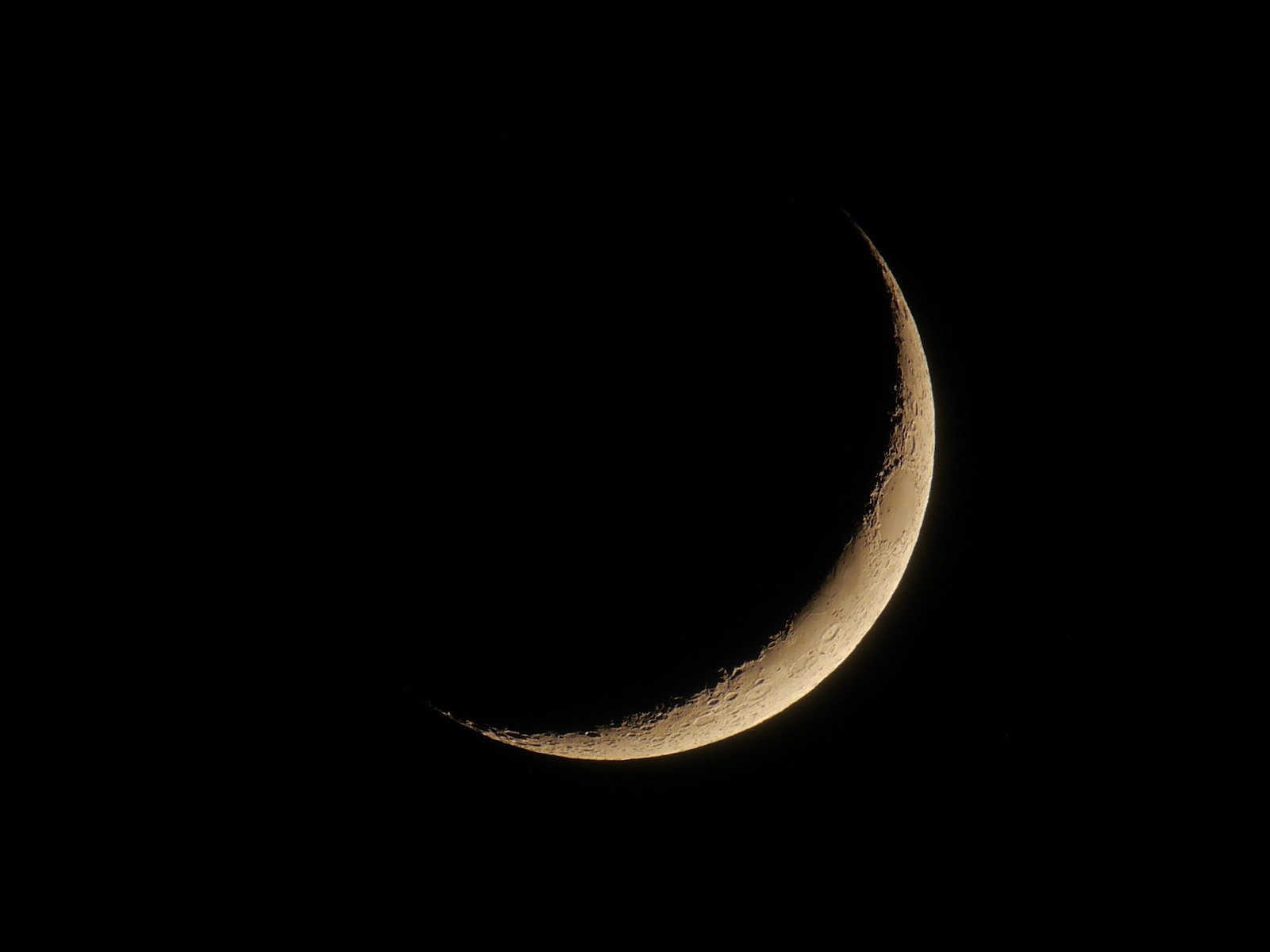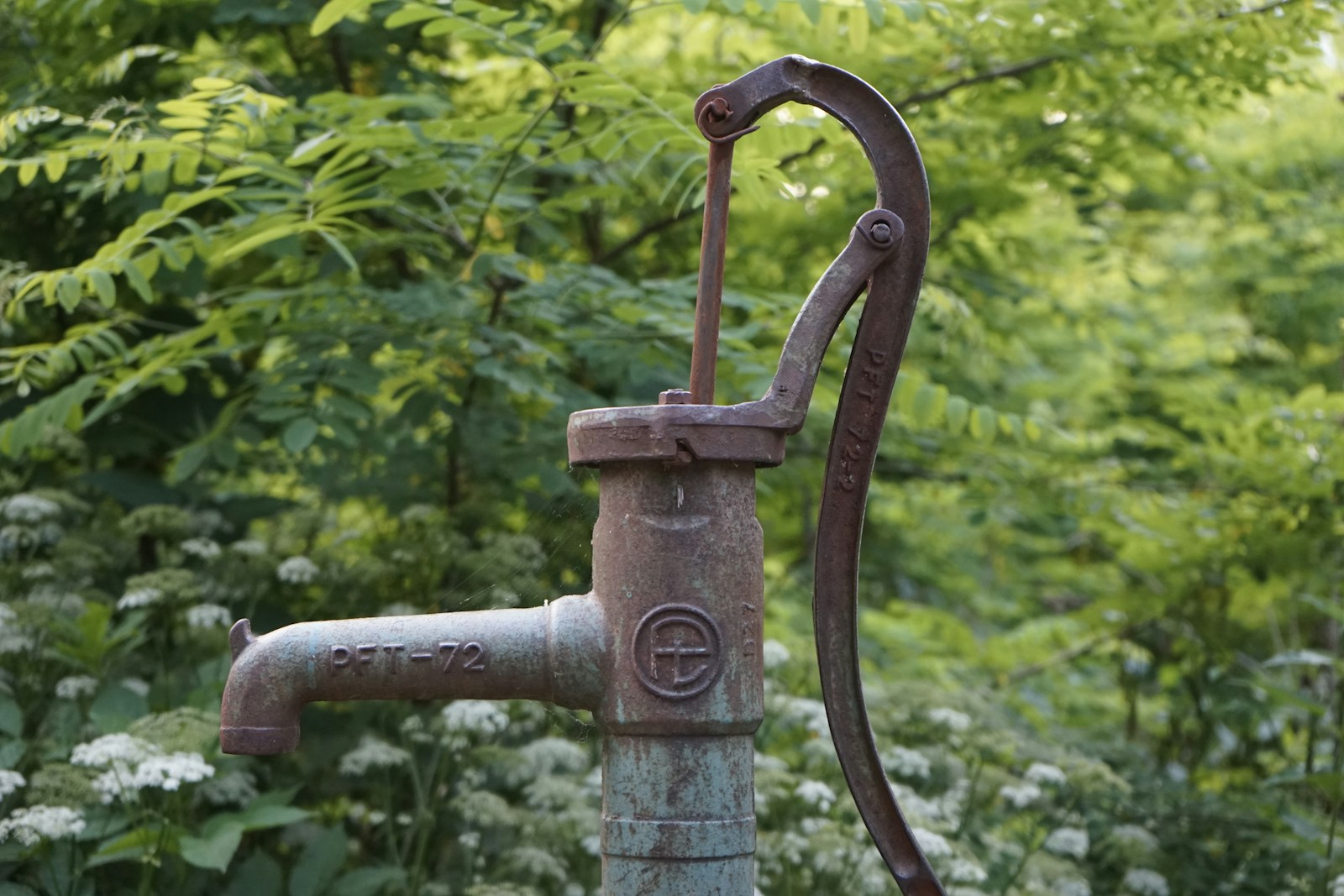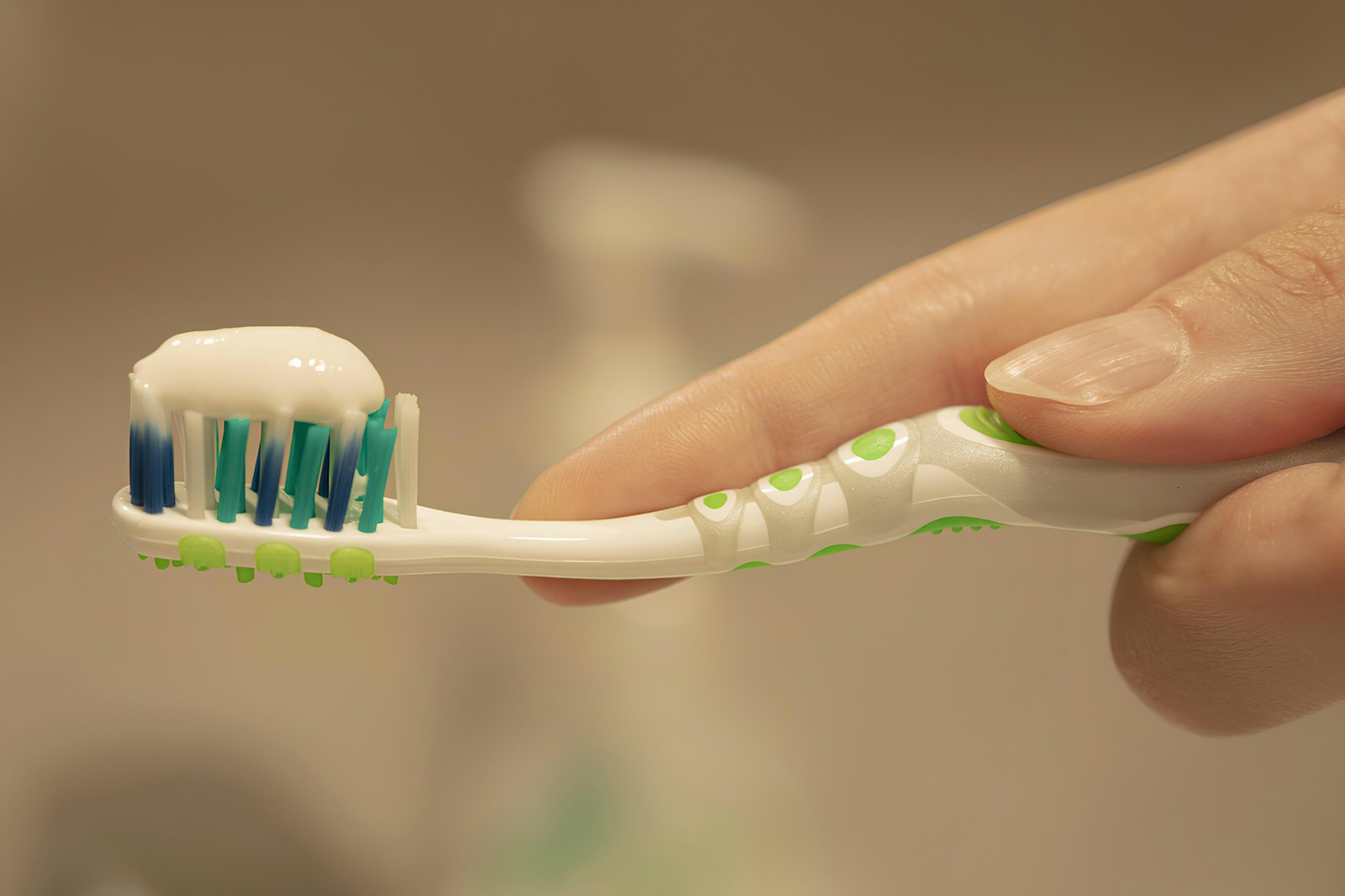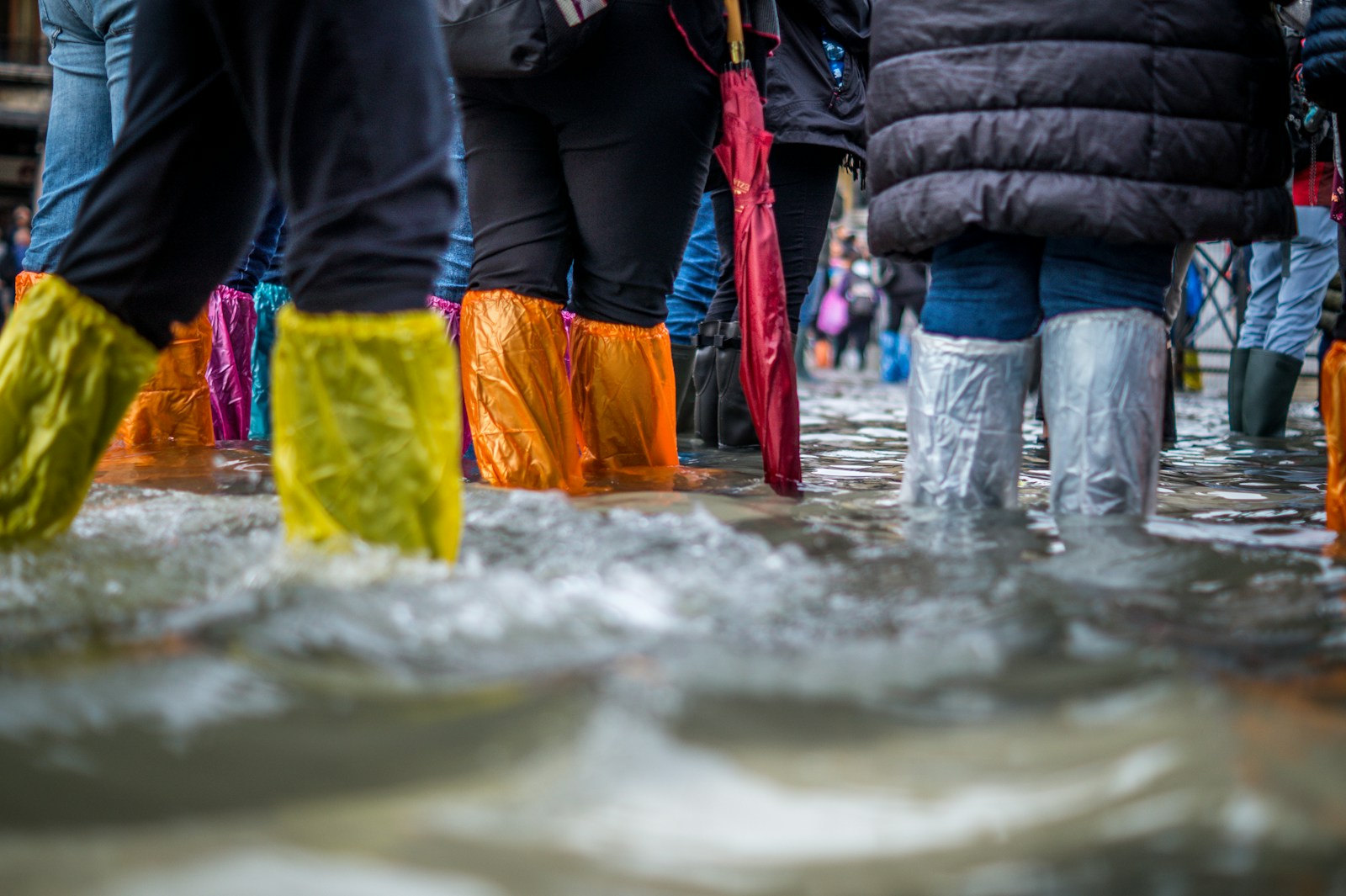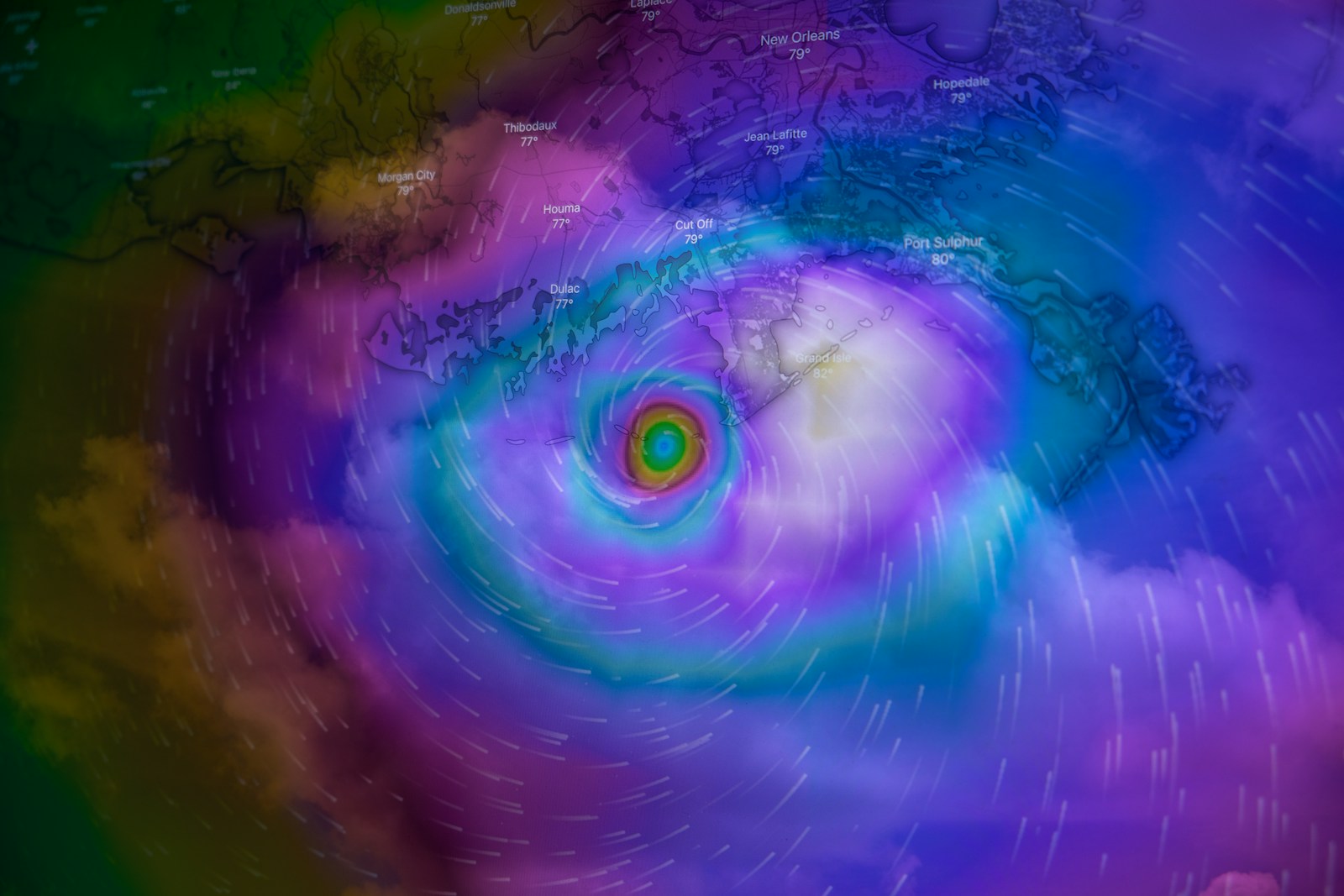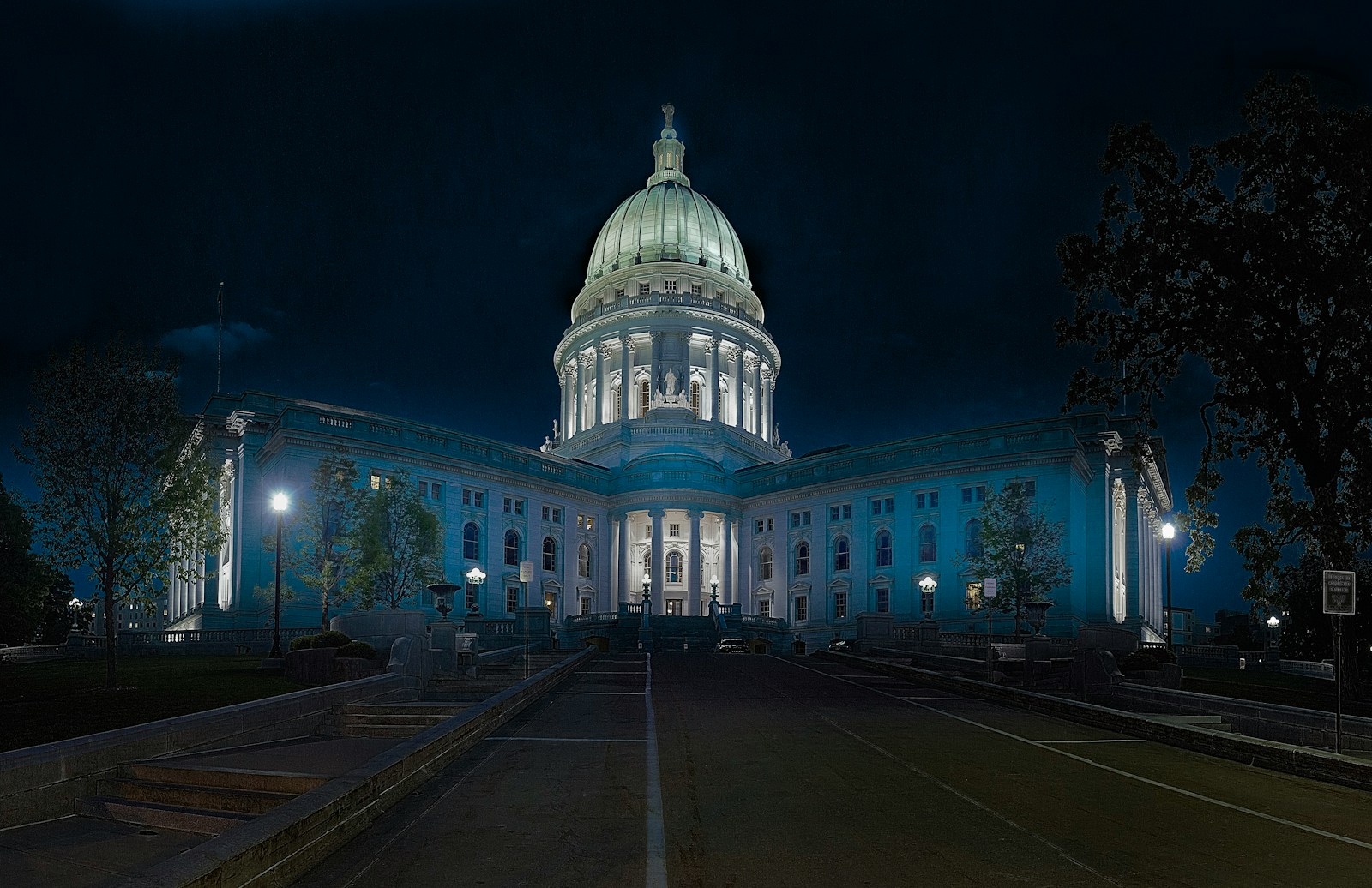Table of Contents
ToggleIntroduction:
Eid al Fitr is a joyous occasion that marks the end of the holy month of Ramadan, which is observed by millions of Muslims around the world. During this time, families and friends come together to celebrate with food, gifts, and decorations. However, with the increasing concern for environmental sustainability, it is important to celebrate Eid in a way that minimizes our impact on the planet. In this article, we will explore several sustainable Eid al Fitr ideas and tips that will help you celebrate in an eco-friendly way.
Eid ul Fitr 2023
Eid al Fitr 2023 is expected to be on Friday, 21 April in the Gulf and a few other regions, while rest of the world will be celebrating on Saturday, 22 April. The exact date and time of the festival depend on the sighting of the crescent moon, which marks the end of the holy month of Ramadan. Muslims around the world celebrate Eid al Fitr with prayers, feasting, and exchanging gifts with family and friends. It is common to greet others with “Eid Mubarak,” which means “blessed Eid.” The festival is also known as “Meethi Eid,” which translates to “sweet Eid.”
Eco-Friendly Decorations:
Decorations are an essential part of Eid al Fitr celebrations, but they can also be a significant source of waste. Instead of using disposable decorations, consider using eco-friendly alternatives such as reusable banners, candles, and lanterns. You can also use natural elements such as flowers and plants to decorate your home. Additionally, you can create your own decorations using recycled materials, such as paper or fabric scraps.
Sustainable Gifts:
Gift-giving is a common tradition during Eid al Fitr, but it can also be a source of waste if not done sustainably. Consider giving gifts that are eco-friendly, such as reusable water bottles, cloth bags, or bamboo utensils. You can also give gifts that promote sustainability, such as a plant or a book about environmentally friendly practices. Alternatively, you can give experiences instead of physical gifts, such as a cooking class or a visit to a local museum.
Responsible Food Choices:
Food is a central part of Eid al Fitr celebrations, but it can also be a significant source of waste if not managed responsibly. Consider choosing locally sourced, organic, and seasonal foods for your feast. This not only supports local farmers but also reduces the carbon footprint associated with transportation. Additionally, try to minimize food waste by planning your menu ahead of time, using leftovers creatively, and composting food scraps.
Reduce Energy Consumption:
Reducing energy consumption is an easy way to celebrate Eid al Fitr sustainably. Consider using LED lights for your decorations, which use less energy and last longer than traditional incandescent bulbs. You can also reduce your energy consumption by turning off lights and electronics when not in use, and by using natural light whenever possible.
Donate to Charity:
Charity is an important aspect of Eid al Fitr celebrations, and it can also be a way to promote sustainability. Consider donating to organizations that support environmental causes, such as tree planting or clean water initiatives. Additionally, consider donating your time or resources to local organizations that promote sustainable practices in your community.
Conclusion:
Eid al Fitr is a time of joy and celebration, and it is important to celebrate in a way that is sustainable and eco-friendly. By implementing these tips and ideas, you can reduce your impact on the environment while still enjoying the festivities. Remember, small changes can make a big difference in protecting the planet for future generations.
FAQs
Q: What is Eid ul-Fitr presentation?
A: There is no specific presentation associated with Eid ul-Fitr. However, it is common for Muslims to exchange gifts with family and friends during the festival. These gifts can range from traditional sweets and clothing to modern gadgets and toys.
Q: How do you pronounce Eid al-Fitr?
A: The pronunciation of Eid al-Fitr is “Eed al-Fit-ur.” “Eid” is pronounced as “eed,” and “al-Fitr” is pronounced as “al-fit-ur.”
Q: What are some traditional Eid al-Fitr foods?
A: Eid al-Fitr is a time for feasting and enjoying delicious foods with family and friends. Some traditional foods served during the festival include samosas, biryani, kebabs, and sweets such as baklava and gulab jamun.
Q: What is the meaning of “fitr” in Islam?
A: Fitr is an Arabic word that means “breaking the fast.” It is commonly used in the context of Eid al-Fitr, which marks the end of the month-long fasting period of Ramadan.
Q: What does “Eid Mubarak” mean?
A: “Eid Mubarak” is a common greeting used during Eid al-Fitr, which means “blessed Eid.” It is a way to wish someone a happy and joyous festival.

